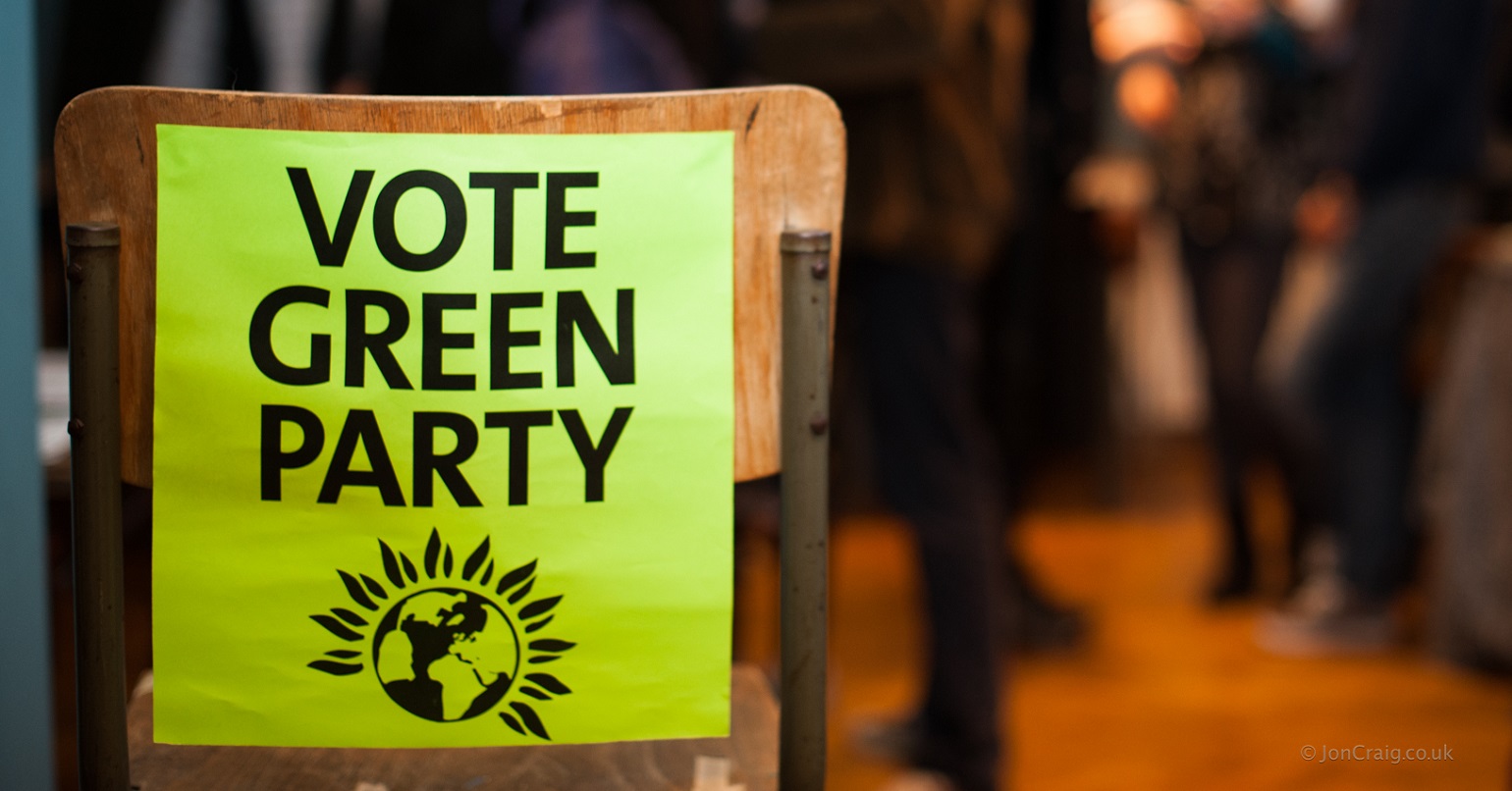Escalating police tactics and the growing assault on dissent
The imprisonment this week of student activist Ed Bauer for holding a banner on a bridge marks a disturbing escalation in the British police’s efforts to criminalise dissent. The news broke on Monday that one of the three students arrested holding a banner on a bridge next to the Lib Dem conference venue had been refused bail and was being held on remand in HM Prison Birmingham.
His arrest is worrying enough, rarely if ever are activists arrested for such a small and peaceful protest, let alone charged. This is, however, an escalation of the use extra-judicial punishment, presumption of guilt and use of arrest for political and intelligence gathering purposes. In recommending that someone be denied bail and have their right to liberty taken from them because of their alleged membership of a group, the police have grossly stepped beyond their remit.
A solicitor with more than 30 years experience commented, “This is utterly absurd. It is totally disproportionate and obviously political”. He went on to say that whilst the offense, under s.22a of the Road Traffic Act, can carry a maximum sentence of imprisonment that would typically only apply in extreme cases.
The justification given for this disproportionate treatment was that his “membership of a group” meant he posed a serious risk to the public. That membership of a group is enough to incarcerate someone, regardless of what they may or may not have done (at the point of arrest under the British legal system you are technically still innocent until proven guilty) or what other members may have done is seriously worrying. I am a member of Greenpeace, since some of their members engage in illegal protest does this mean I am liable to be imprisoned for holding a banner?
Bail would typically only be refused if there was significant risk of the defendant fleeing the country or if they posed significant risk to the public. Given that the alleged membership in question is either the National Campaign Against Fees and Cuts and/or UK Uncut it is hard to understand how, due to his alleged membership, he poses a ‘significant risk to the public’ when both of these organisations are peaceful in both their words and actions.
There is a disturbing trend in arrests of protesters with the police coming up with more and more obscure laws that allow them to arrest protesters. In previous years when police wanted to gather information from protesters they used stop and search powers. However, police were forced to pay fines for wrongful use of stop and search powers at the Kingsnorth Camp for Climate Action. As activists became better educated about stop and search powers, police were unable to use them to gather intelligence on protesters. After a brief flirt with s.50 of the Police Reform Act, they seemed to decide it was easier to just arrest people, take their details and come up with a charge later on. It was made clear by a senior police officer after the mass arrest of protesters at Fortnum & Masons that the motivation for the arrest was to gather intelligence, even through deceit.
It seems now the modus operandi is for police to make a decision, use any means necessary to enforce it, whether legal or not, and find a law to justify it later, regardless of how tenuous or unlikely a prosecution would be. This is how the Chinese police operate in Tibet, one of the most heavily oppressed countries in the world. The role of the police in the UK is to act in the interests of the public, not to save corporations and political parties embarrassment.
In order for a genuine democratic process to exist in this country, of which protest is a cornerstone, the police need to drastically rethink their approach to policing protest. It is not a crime to hold a banner, it is not a crime to protest, it is not even a crime to embarrass a political party. It is a crime to silence dissent.



Hello Pete,
Were any of the other people responsible for the banner arrested?
If they were, are they also now in custody too?
If not, why do you think Mr Bauer is?
Has he been spoken to by the Police before about the nature of his previous protests or been arrested prior to this?